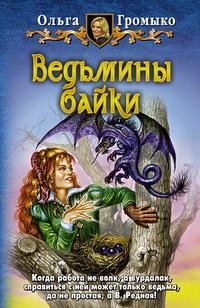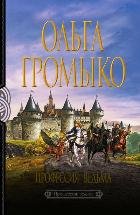JULIA KRISTEVA
Купить в магазинах
Метки:
Описание
- Издательство:Книга по Требованию
- ISBN:9781861714176
- Год:2013
J U L I A K R I S T E V A ART, LOVE, MELANCHOLY, PHILOSOPHY, SEMIOTICS AND PSYCHOANALYSIS
Julia Kristeva was born in Bulgaria in 1941. Educated in part by French nuns, she was involved early on in her life with Communist Party youth organizations and children"s groups. Since moving to Paris in the 1960s, Kristeva has risen in stature in intellectual circles so that she is now regarded as one of the most important thinkers of the contemporary era.
EXTRACT FROM CHAPTER 7: "JULIA KRISTEVA"S THEORY OF LOVE"
For Julia Kristeva, love embodies both the semiotic and the symbolic, both knowledge and joy (pace Baruch de Spinoza), both language and affect. Kristeva has written of love in a way that is not facile, demeaning, banal, stereotypical, sexist or pornographic. Her pronouncements on love are quite different from those in the "classic" texts of love, such as Ovid"s poems, or the mediaeval Art of Love, or Elizabethan sonnet sequences, or Stendhal"s De l"Amour, or Denis de Rougement"s L"Amour et l"occident (Love in the Western World). When Kristeva writes -
Vertigo of identity, vertigo of words: love, of the individual, is that sudden revelation, that irremediable cataclysm, of which one speaks only after the fact. Under its sway, one does not speak of. ("In Praise of Love")
- it seems right and thankfully free of the usual embarrassment of sexism that marks most writing about love. Julia Kristeva evokes the wildness of love, the loss of self and the eruption of desire, without sounding idiotic. When Kristeva writes that in love one assumes the right to be extraordinary, it is a great description of being in love. Kristeva is right to describe love as the inrush of total subjectivity, an infinity of subjectivity. In Kristeva"s psycho-poetic reading, love"s the inrush of the totally extraordinary, but at the expense of commonsense (as lovers learn, painfully):
Love is the time and space in which "I" assumes the right to be extraordinary. Sovereign yet not individual. Divisible, lost, annihilated; but also, and through imaginary fusion with the loved one, equal to the infinite space of superhuman psychism. Paranoid? I am, in love, at the zenith of subjectivity. (5)
How great this first chapter of Histoires d"amour is, as great as Stendhal"s De l"Amour or Sigmund Freud"s The Ego and the Id, or Jacques Lacan"s Ecrits. Kristeva describes love as a transgressive, sometimes violent wildness (D.H. Lawrence"s term "infinite sensual violence" is apposite here).
KELLY IVES has written widely on feminism, philosophy and art. Her previous books include Cixous, Irigaray, Kristeva: The Jouissance of French Feminism, Luce Irigaray and Helene Cixous.
The text has been revised and updated for this edition.
Illustrated, with a revised text. European Writers Series. Bibliography and notes. 160pp. ISBN 9781861714176. www.crmoon.com
Обо всём этом и не только в книге JULIA KRISTEVA (KELLY IVES)Средний балл:
пока нетРецензий на книгу «JULIA KRISTEVA» пока нет. Уже прочитали? Напишите рецензию первым







